Speaker: Alexandra Hegarty, Analyst, International Energy Agency.
In 2021, the International Energy Agency (IEA) identified a looming mismatch between the demand for critical minerals and their availability. IEA’s findings served governments and companies worldwide to develop critical mineral strategies and investments.
Last year, the IEA launched its first-ever critical minerals market review that showed significant opportunities that could enable us to achieve our 1.5°C goal and transition away from fossil fuels, the main cause of climate change.
From EVs to solar panels and wind turbines, the deployment of clean energy technologies is moving fast and relies heavily on critical minerals such as copper, lithium, nickel, cobalt and rare earth elements. The unprecedented growth of critical minerals raises a pressing need for an updated approach to energy security.
The IEA’s Alexandra Hegarty (Critical Minerals Analyst) shared key insights on the 2023 report:
- The current state of play and mineral requirements for Clean Energy Technologies are low carbon power generation, electricity networks, electric vehicles and battery storage, and hydrogen.
- Current market size of the key energy transition minerals market.
- Annual demand for critical minerals in different trajectories in the Stated Policies Scenario (STEPS) and Sustainable Development Scenario (SDS).
- Overview of the critical minerals development investments.
- New and more reliable diversified supply sources of Critical Minerals along with a focus on recycling.
- Adequacy of supply:
- Could critical minerals supply come from diversified sources?
- Assessing the environmental, social and governance (ESG) implications of mineral development.
- Overview of the international collaboration for the global trade of critical minerals and policy trends.
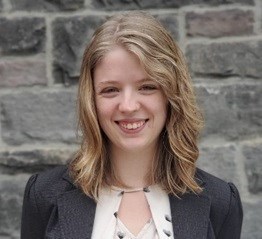
About Our Speaker
Alexandra Hegarty is a Critical Minerals Analyst at the International Energy Agency, where she specialises in critical mineral demand and supply modelling and analysis in the World Energy Outlook team, with a primary focus on nickel and environmental, social and governance issues. She was one of the principal authors of the IEA’s recent report, Sustainable and Responsible Critical Mineral Supply Chains. Prior to joining the IEA, Alexandra worked as an Economist at Natural Resources Canada in critical minerals and clean energy. Alexandra holds an MA in Economics from the University of Toronto and a BA in Economics and International Development.






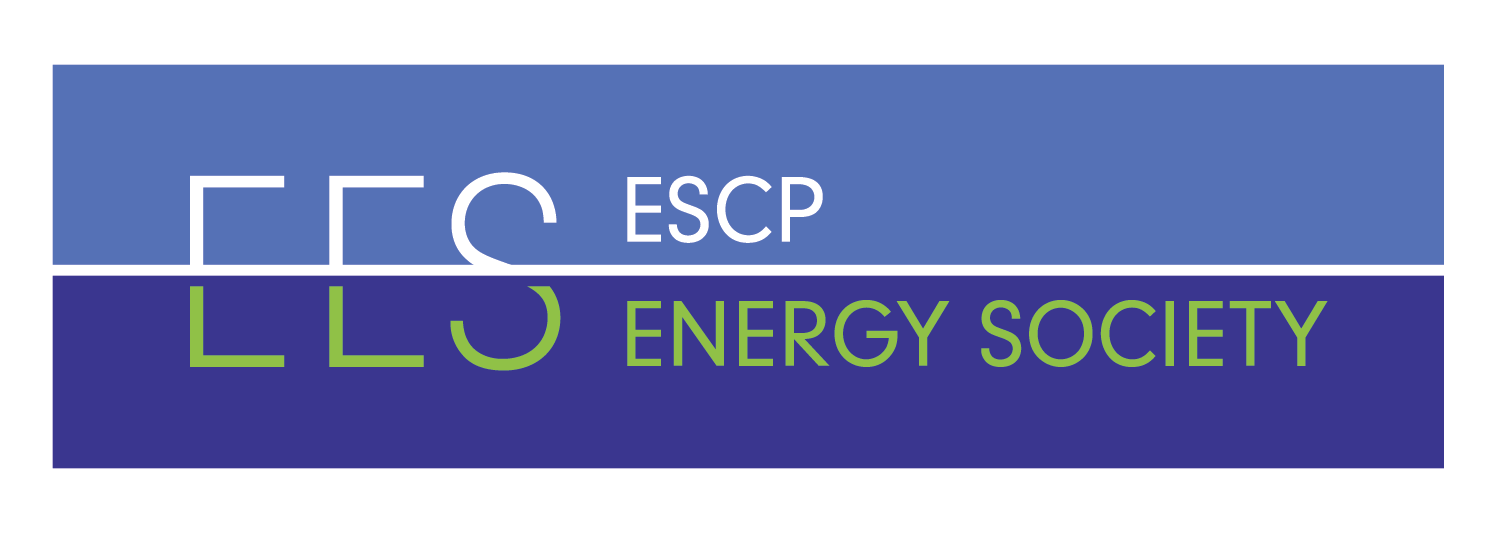


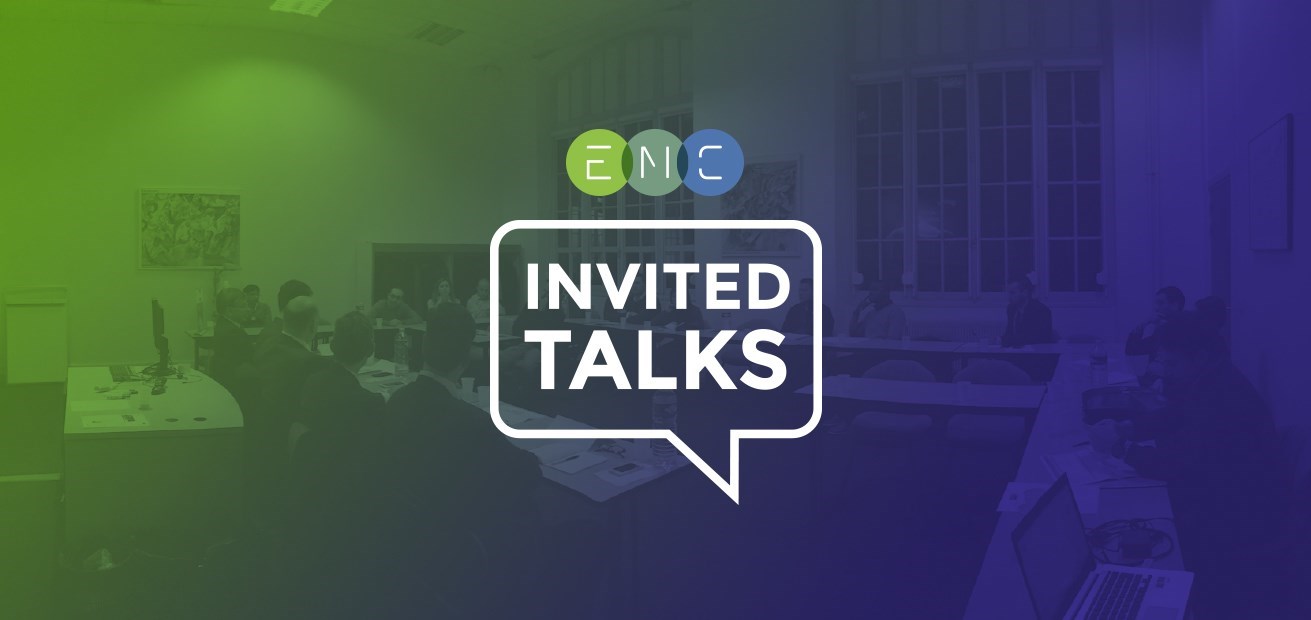
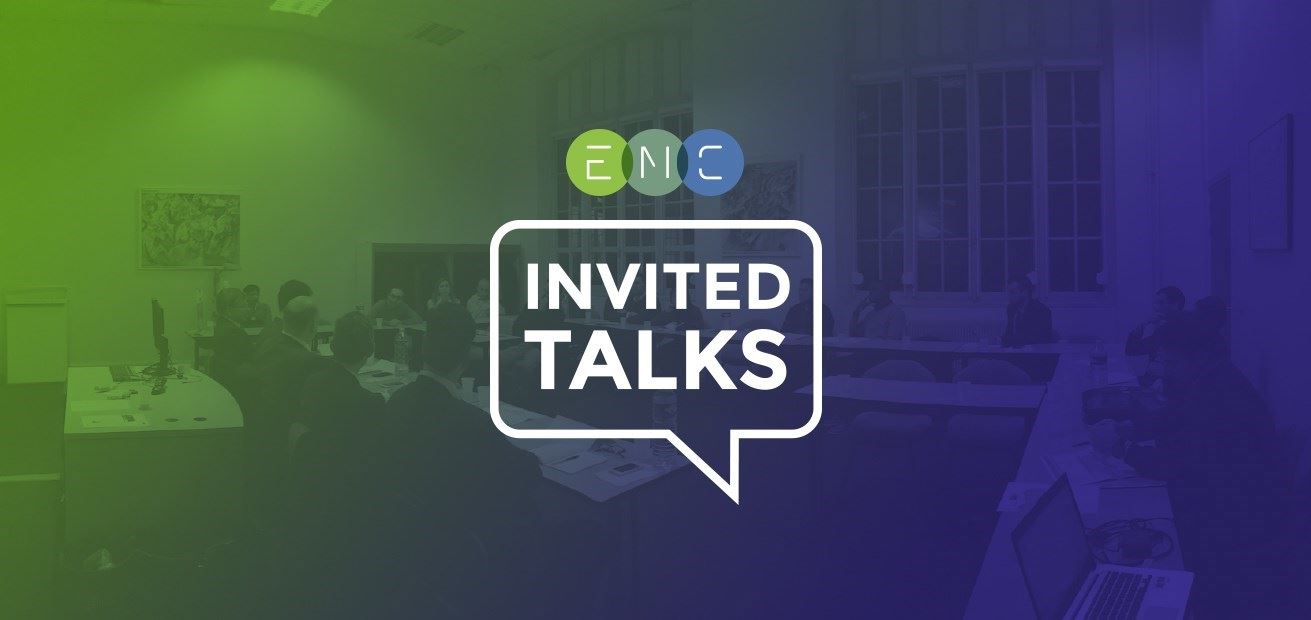
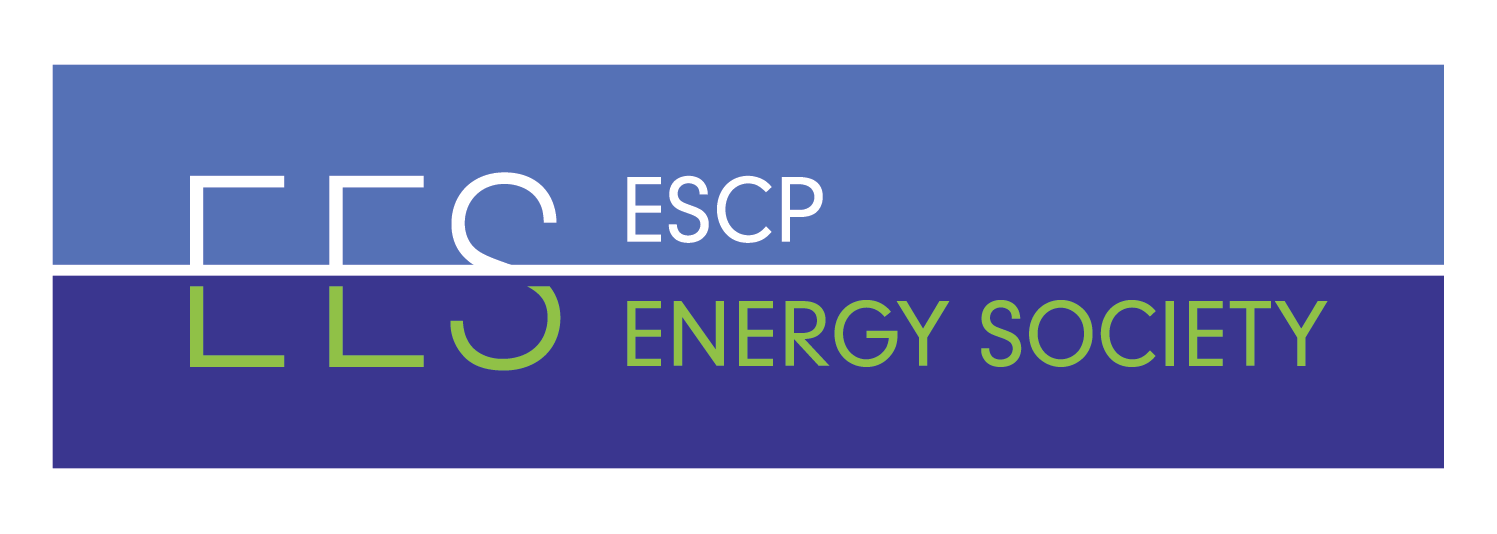






 Facebook
Facebook Linkedin
Linkedin Instagram
Instagram Youtube
Youtube EMC Newsletter
EMC Newsletter







